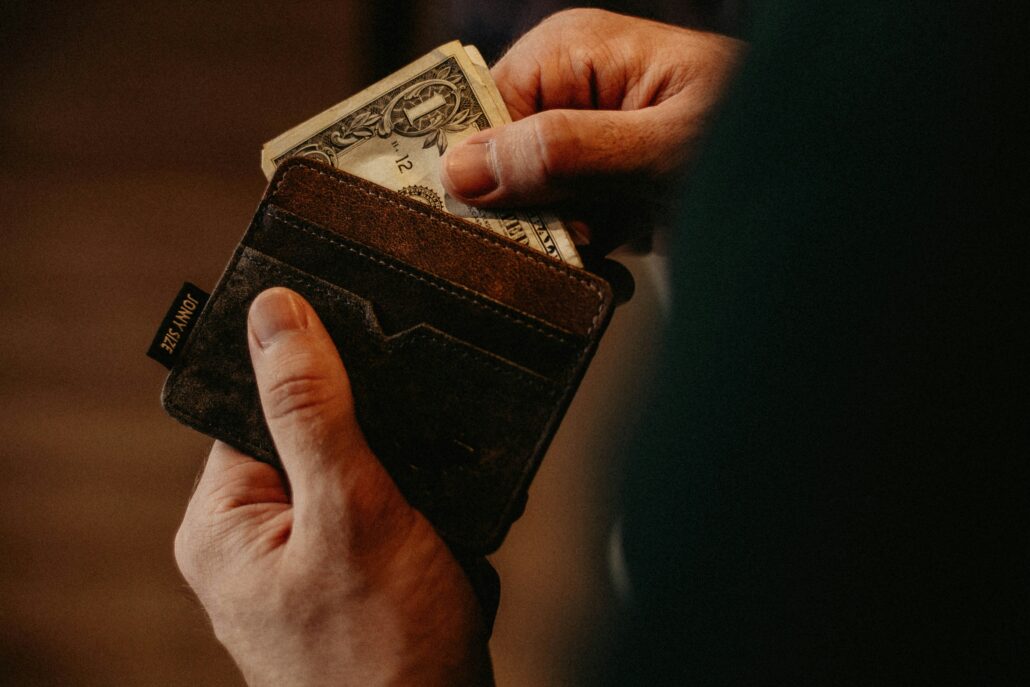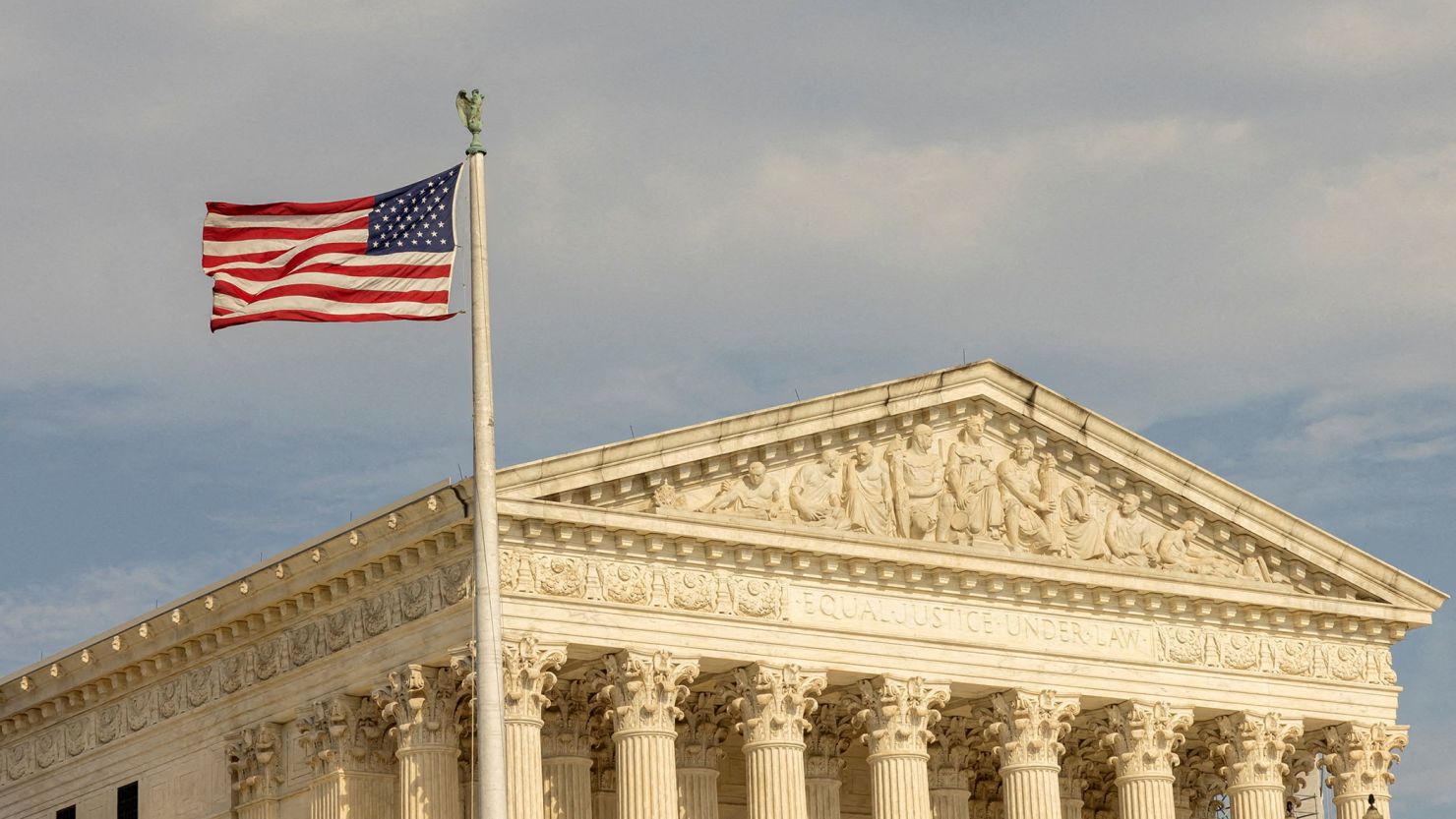I dropped my wallet in the parking lot of the Latin supermarket. When I returned to look for it, it was no longer there. The store manager checked the cameras and saw a woman pick it up and drive away.
The next day, a young man in work clothes knocked on my door and handed me the wallet—still intact except for the cash. I was grateful, but curious. Why did he return the wallet when the woman just took the money? Did he feel obligated, or see himself as part of a community I belonged to?
The Obligation to Return
Our tradition anticipated moments like this. In the Torah, we are commanded: if you find a stray ox or sheep, return it to its owner (Deuteronomy 22:1–2). If you do not know the owner or they live far away, care for the animal until it can be returned to them.
This obligation goes beyond practical concerns—it is central to our shared responsibilities. Although some may see it as transactional—imagining kindness returned for kindness—the Torah demands something deeper. Rabbi Jonathan Sacks urged in “To Heal a Fractured World” that we connect practical experiences to broader ethical teachings. The Torah calls us to act from a core truth: our membership in a community of care is a sacred obligation, not just a custom, but a defining principle of Jewish life.
Community as Obligation
In our modern era, living as a Jew is as much a conscious choice as an identity. The world asks of us, to what principles and communities are you willing to commit your allegiance, if not your life? Outside of the shtetl, and especially after the Shoah, some historians and theologians have suggested that, in a sense, we are “all Jews by choice.” Practicing Judaism is not only about personal ritual; it is about choosing to live in and build up a caring community.
Belonging, in Jewish thought, is not passive. Judaism defines it as an active responsibility. We might speak of humanity in terms of kindness, but Judaism insists on tangible action—even if it costs or inconveniences us, or benefits strangers. As the Talmud teaches (Shavuot 39a), “All Israel is responsible for one another”—not just for individuals, but for the whole community.
When the young man returned my wallet, I was delighted. I had already reordered the license and credit cards, yet his action mattered. By returning something he could have ignored, he showed care for a stranger. He may have lost work time or endured inconvenience, but his choice strengthened my faith in humanity.
Judaism elevates acts like restoring lost property. What might seem like a small kindness becomes, in Jewish thought, an act of holiness. Returning a lost item is not just a civic duty; it’s a way of living our covenant—with each other and with the Divine.
Perhaps this concept extends to intangibles as well. If healthcare is denied to our neighbors, will we help them reclaim their public benefits? If human rights are denied, will we act to rescue detainees?
Community as Sacred Choice
When we make the effort to care for our neighbors, we transcend differences and embody the core message of this story: choosing to live in community is a profound act of faith in itself. Each time we shoulder responsibility for one another, we participate in the sacred work of building a better world, affirming the central Jewish idea that we are all responsible for one another.
Rabbi Evan J. Krame
If this reflection resonates with you, consider sharing it on social media—or simply take a moment to reflect on how you can create a better community.





